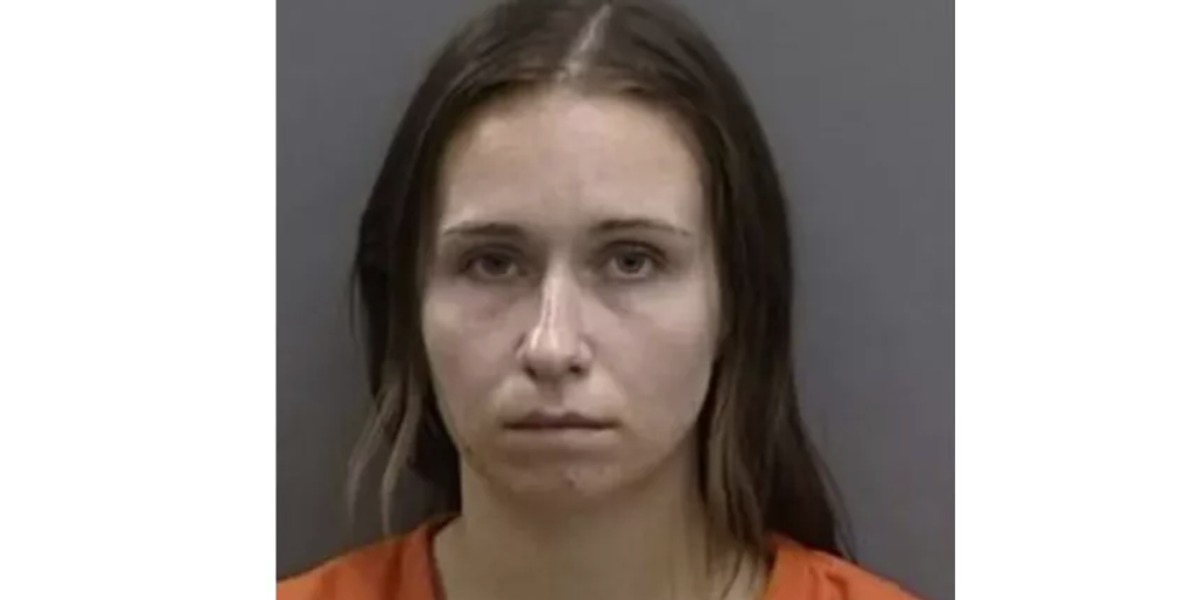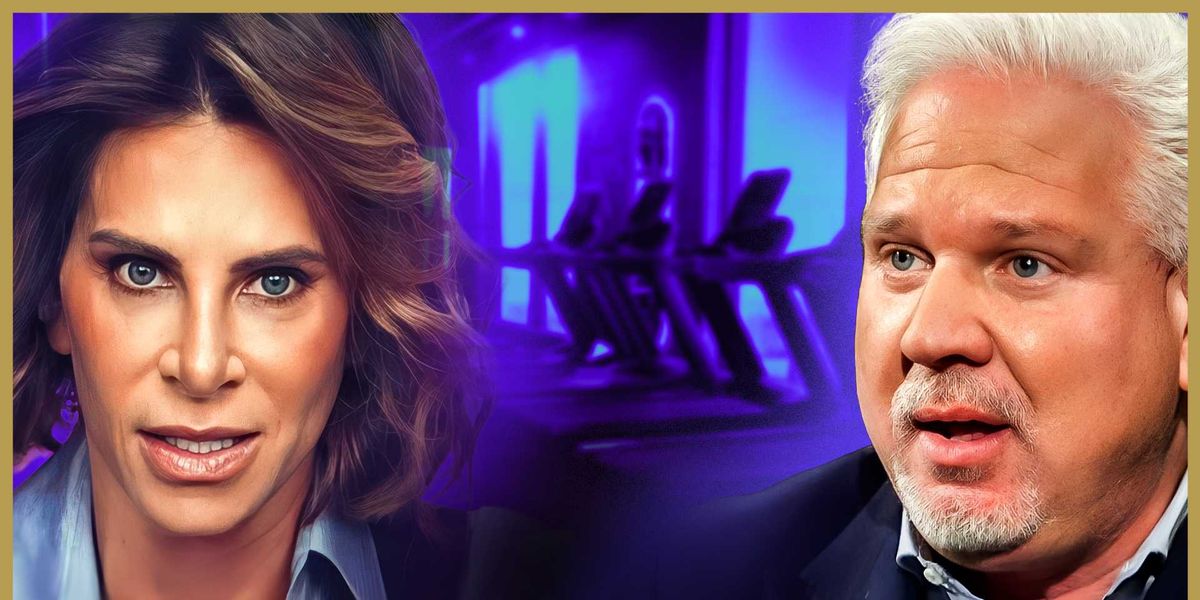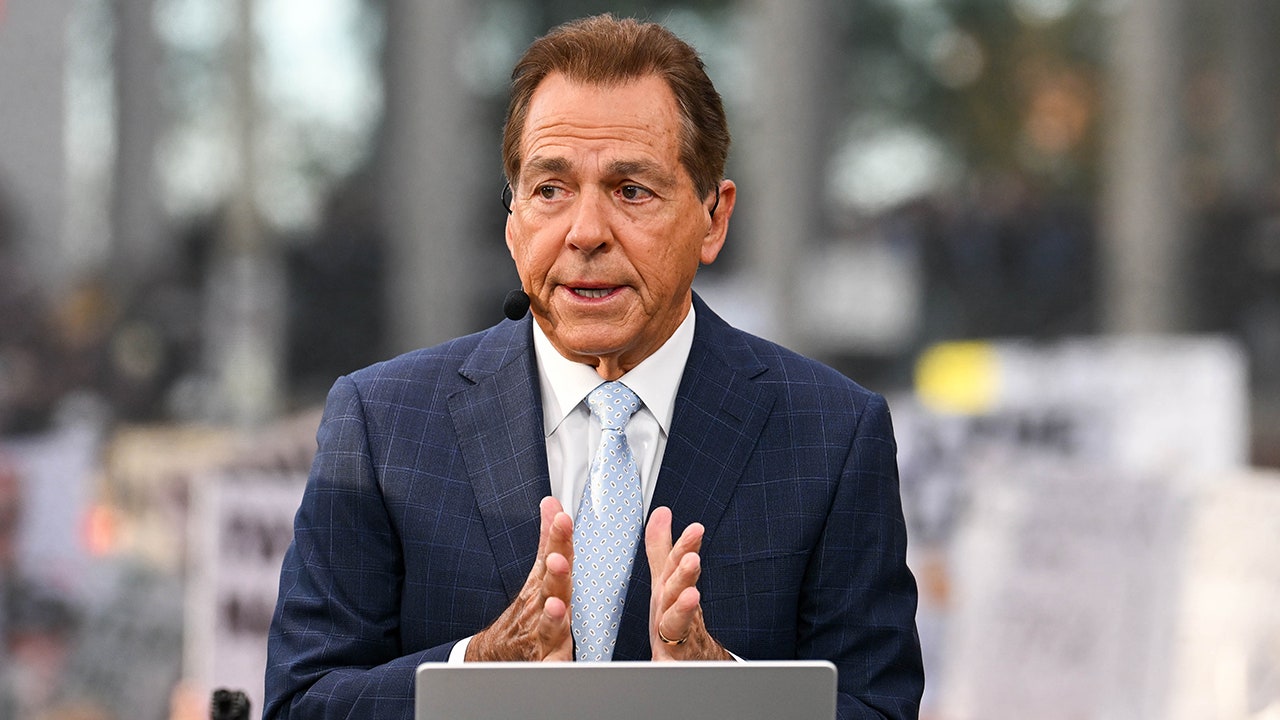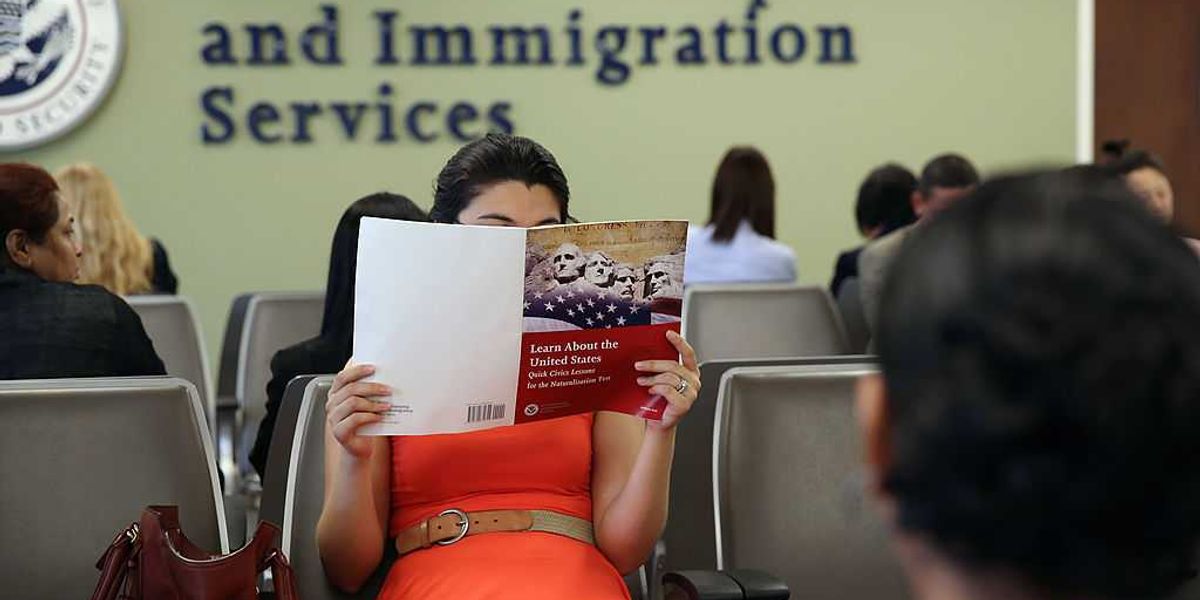The number of “red flag” petitions filed in New York has absolutely exploded in recent years, after New York Gov. Kathy Hochul made their use mandatory for state police when officers believe there’s probable cause that an individual is a threat to themselves or others. Almost 30,000 petitions have been filed since 2019, and so many guns have been seized that the New York State Police has struggled to find the room to store them all.
Rather than cast even a somewhat critical eye on the Extreme Risk Protection Order law and how it’s been used (or abused), a recent “investigation” by Rochester TV station WHEC amounted to a puff piece promoting the law.
The news report began with a woman named “Carol” describing a video she was sent by her sister last month, where she was holding a gun to her head and threatening to kill herself. Carol called 911 and a sheriff’s deputy showed up at her sister’s home, took her into custody on an involuntary mental health hold, and then filed an EPRO petition with the local court, which was approved a few days later.
Berkeley Brean: “Do you think that for at least the time being that has saved your sister’s life?”
Carol: “Absolutely. I do. I actually, after I spoke to you yesterday I called my mother and I explained to her about the order and we both actually feel very very secure and have comfort knowing that with that in place she can no longer hurt herself or potentially anybody else or myself or my mother.”
Carol has a false sense of security if she honestly believes that her sister can no longer hurt herself or anyone else because her ability to legally possess a gun has been taken from her. Roughly half of all suicides in the United States involve a firearm, which means that removing any lawfully owned firearms doesn’t eliminate the risk of self-harm.
Berkeley Brean, News10NBC: “These ERPOs, extreme risk protection orders, do they save lives?”
Lisa Geller, Johns Hopkins’ Center for Gun Violence Solutions: “They do.”
Lisa Geller works for the Johns Hopkins Center for Gun Violence Solutions. They just studied the impact of ERPOs on suicides in four states.
Lisa Geller: “And what they found was that for every approximately 17 ERPOs issued, one suicide was prevented.”
Now, the obvious follow-up question for Brean would have been: “So what happened to the other 16 people who had their guns taken from them?” Did the “red flag” law fail to prevent their deaths? Were they not actually a suicide risk in the first place? And if 17 ERPOs are needed to prevent a single suicide, isn’t it likely that there are far more effective ways of preventing suicide than a “red flag” order that allows someone’s gun to be taken but doesn’t involve any kind of mental health treatment?
Unfortunately, the reporter appears to have taken Geller’s claim at face value and didn’t bother to dig any deeper.
If Brean had done a little more research he might have stumbled across a study that, while not specifically looking at the effect of New York’s “red flag” law, still found some troubling results when it comes to the state’s mental health reporting requirements, which mandate that physicians, psychologists, registered nurses, and licensed clinical social workers report any client to law enforcement when they believe the individual is ““likely to engage in conduct that will cause serious harm to self or others.”
In turn, licensing authorities are expected to revoke any firearm licenses that individual might possess, and in many cases, will end up filing ERPO petitions to prevent those individuals from lawfully purchasing or possessing firearms.
Results show that among gun owners and because of the New York Secure Ammunitions and Firearms Enforcement Act (NY SAFE Act) mental health reporting, 93.3% have less trust or do not trust in mental health providers and 94.4% are less likely to seek mental health care if they need it. As a result of this law approximately 243 NYS gun owners are less likely to seek mental health care if needed for every individual reported.
I’m an advocate for both the Second Amendment and mental health, and I truly believe that even without taking into consideration the due process and 2A concerns these “red flag” laws do more harm than good. ERPO laws almost always are written to exclude any mental health treatment, and operate under the false premise that someone who’s a threat to themselves or others is no longer a threat once their guns have been taken away.
It would have been great if WHEC’s “investigation” into the state’s ERPO laws had delved deeper into these issues. Instead, Brean asked Geller a question about whether the law “jibes” with the Second Amendment (unsurprisingly, she claimed there’s no conflict) and briefly spoke to the president of 2A group S.C.O.P.E., who said the law doesn’t offer enough due process protections. That’s certainly one objection to “red flag” laws, but it’s not the only one, and it’s a crying shame that the news station ended up running a puff story that could have been crafted by Kathy Hochul herself.
Read the full article here











![Clinton-Appointed Judge Blocks Trump’s Proof of Citizenship Rule for Voters [WATCH] Clinton-Appointed Judge Blocks Trump’s Proof of Citizenship Rule for Voters [WATCH]](https://www.lifezette.com/wp-content/uploads/2025/11/2025.11.01-06.43-lifezette-690654cedfe75.jpg)
